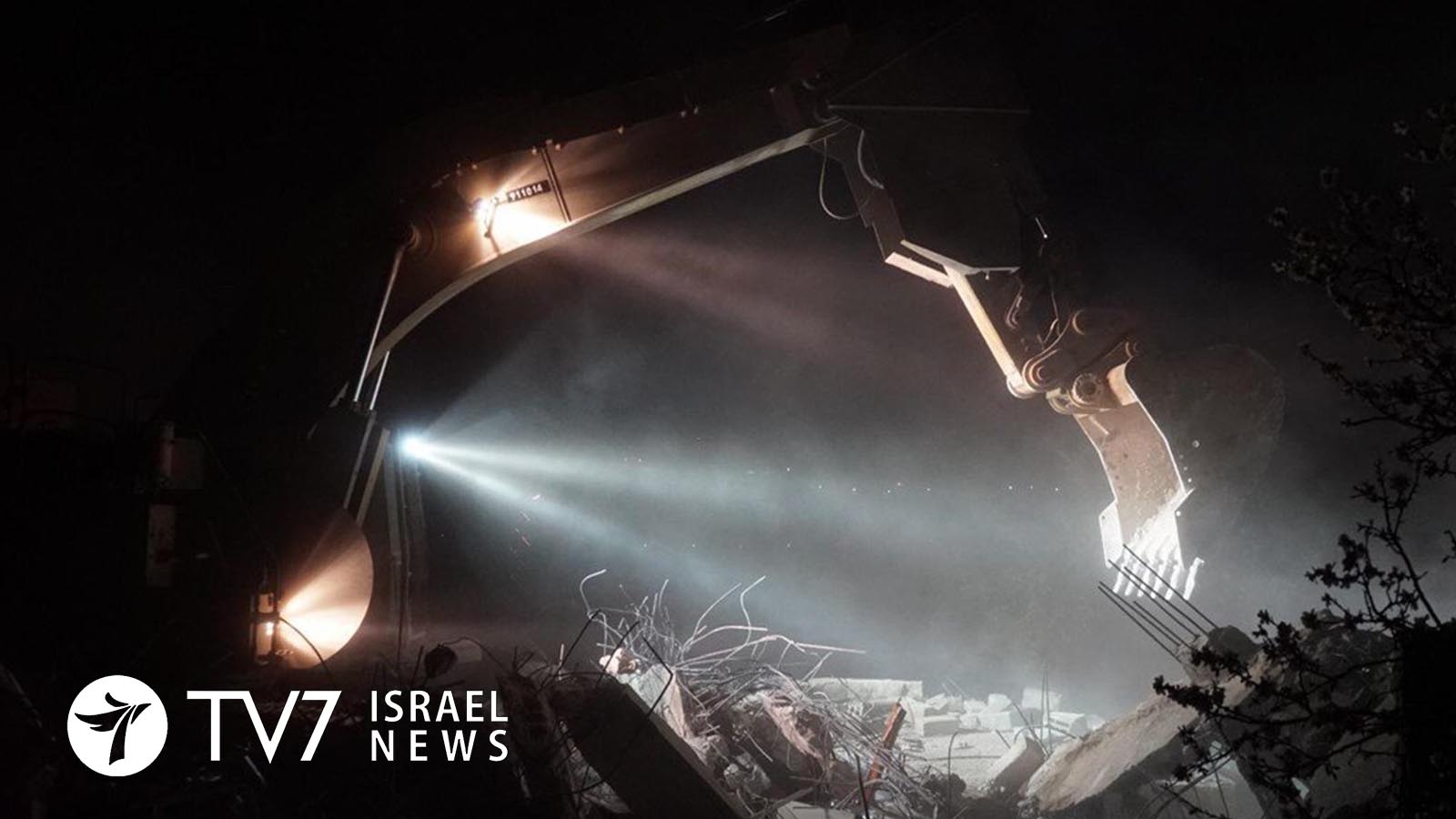Israel’s High Court of Justice has upheld orders for the partial demolition of the home of confessed Palestinian terrorist, Muhammad Cabha.
The 40-year-old assailant admitted to murdering 52-year-old Esther Horgan in a terror attack on 20 December 2020. He later re-enacted the crime of smashing the head of the mother of six with a rock, after illegally sneaking into Israel from the West Bank to deliberately murder an Israeli. Horgan’s beaten body was discovered one day after she went missing during a jog in the Reihan forest near her home in the Samarian community of Tal Menashe.
Cabha fled the scene but was captured by Israel’s Shin Bet security service four days later.
Israel maintains a counterterrorism policy initiated during the British Mandate mandating the destruction of any structure used to plot or carry out violent offences, including homes, munition factories or militant hideouts. The method is not only punitive but designed to serve as a deterrent for future attacks. Buildings designated for destruction are mapped out, most often by combat engineers, in advance of controlled-explosions or razing by troops.
The IDF has already mapped out Cahha’s home in the West Bank village of Tura al-Gharbiya near Jenin, where he resided with his wife and three children. An order was issued to raze the 2nd and 3rd floors of the building used by the terrorist.
A panel of three High Court Justices dismissed an appeal by the Cabha family, ruling there were no grounds for intervention in accordance with Israeli law.
While acknowledging that “The demolition of terrorist homes is a sensitive issue,” Judge Yitzhak Amit wrote that doing so “is not a means of punishment, and there is no revenge involved as a response to the attack.
“The demolition of a terrorist’s house is used solely as a deterrent and not as a means of punishment,” Amit underscored.
The verdict also noted that Cabha’s guilt was independently corroborated by evidence discovered during investigation of Horgan’s brutal murder.
